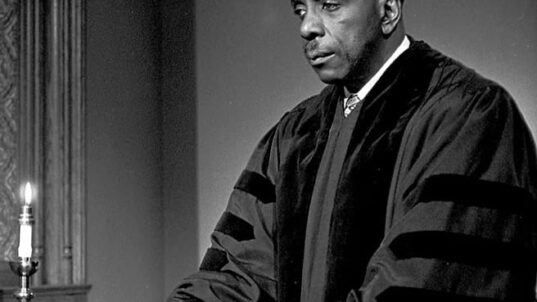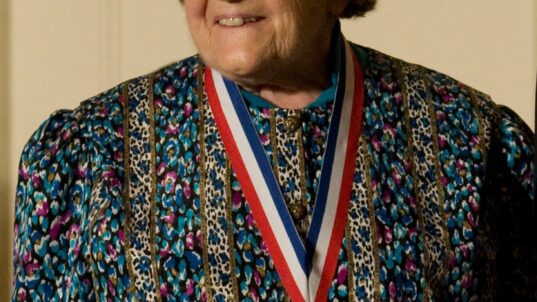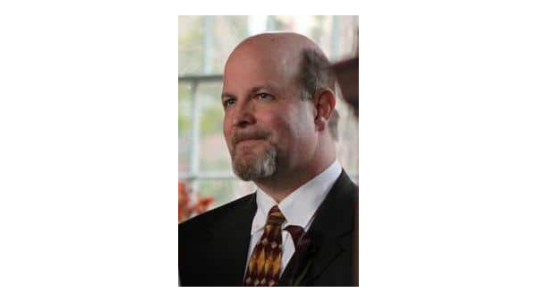
Image by John Hain from Pixabay
Inclusive accommodations as a path to enhancing learning for all
Before the semester started, Dr. Evelyn Walters was contacted by one of the university’s Special Needs Coordinators. Henry Barrow, the coordinator, explained that Jake, one of Walters’ students, was profoundly hearing impaired. “We’ll have one of our certified support aides come with Jake to class. Besides being a sign language interpreter, our staff person has the ability to do real-time captioning of your lectures. The text will be visible to Jake instantaneously on his laptop.”
This arrangement was fine with Walters, but she wondered about the discussion portion of the class. “Student discussions are central to this class,” Walters pointed out. “I always ask one of the students in each group to facilitate a discussion. How will Jake be able to do that?” Barrow didn’t have an immediate answer but assured Walters that they would work with Jake to come up with an accommodation.
When the first discussion began, Jake used his support aide to participate in the discussion. As Walters watched the discussion, she started noticing that Jake wasn’t relying upon his laptop. Since his discussion group was sitting in a circle, he was able to use his lip-reading skills. When he wanted to say something, he used sign language to communicate with his support person. Then she would communicate what Jake wanted to say. They used a similar process when Jake was facilitating.
As Walters observed the discussions over the semester, she was impressed by how Jake’s group was having much more in-depth and focused discussions compared to the other groups. While Jake’s accommodation needs slowed down the discussion, it actually improved the quality of what was being said. Jake’s teammates were careful to better articulate what they were saying. All of the group became better listeners because the comments were made more distinctly and were more on target.
A couple more things made the discussions memorable. Jake’s group decided to invite his support aide to participate in the discussion. Since she was older than the rest of the group, she provided a different perspective that proved valuable to the group’s deliberations. As the semester continued, Jake’s classmates took an interest in sign language and began to learn some common words. Two of Jake’s classmates even enrolled for a sign language course the next semester.
As universities become more inclusive, students with learning challenges are enrolling in greater numbers. How might we think of accommodations these students in a way that’s truly inclusive? How might these accommodations, while targeted at a special need, end up benefitting a whole class or campus? While Jake could have been exempt from the discussions, his participation in the discussions became a very rewarding experience for everyone.
Classroom discussions can pose a challenge for students with physical or learning limitations. But the best way to handle these challenges is to think of the challenge as an opportunity for enhancing the discussions, not avoiding them. We should think of the ways that targeted interventions could be universally beneficial.
* * *
“Challenges are what make life interesting. Overcoming them is what makes them meaningful” – Joshua J. Marine (Author)
This post is part of our “Think About” education series. These posts are based on composites of real-world experiences, with some details changed for the sake of anonymity. New posts appear Wednesday afternoons.



